12 Foods That May Be Sabotaging Your Sleep
Sleep is one of the most vital components of our overall health, yet it often gets sidelined in the hustle and bustle of modern life. Despite its importance, many of us struggle to get the quality sleep we need. This is not just a matter of feeling groggy in the morning; chronic sleep deprivation can lead to a host of health problems, including weakened immunity, weight gain, and even an increased risk of chronic diseases such as diabetes and heart conditions. Understanding the factors that disrupt our sleep is the first step in reclaiming restful nights.
1. Caffeinated Culprits: Beyond Coffee
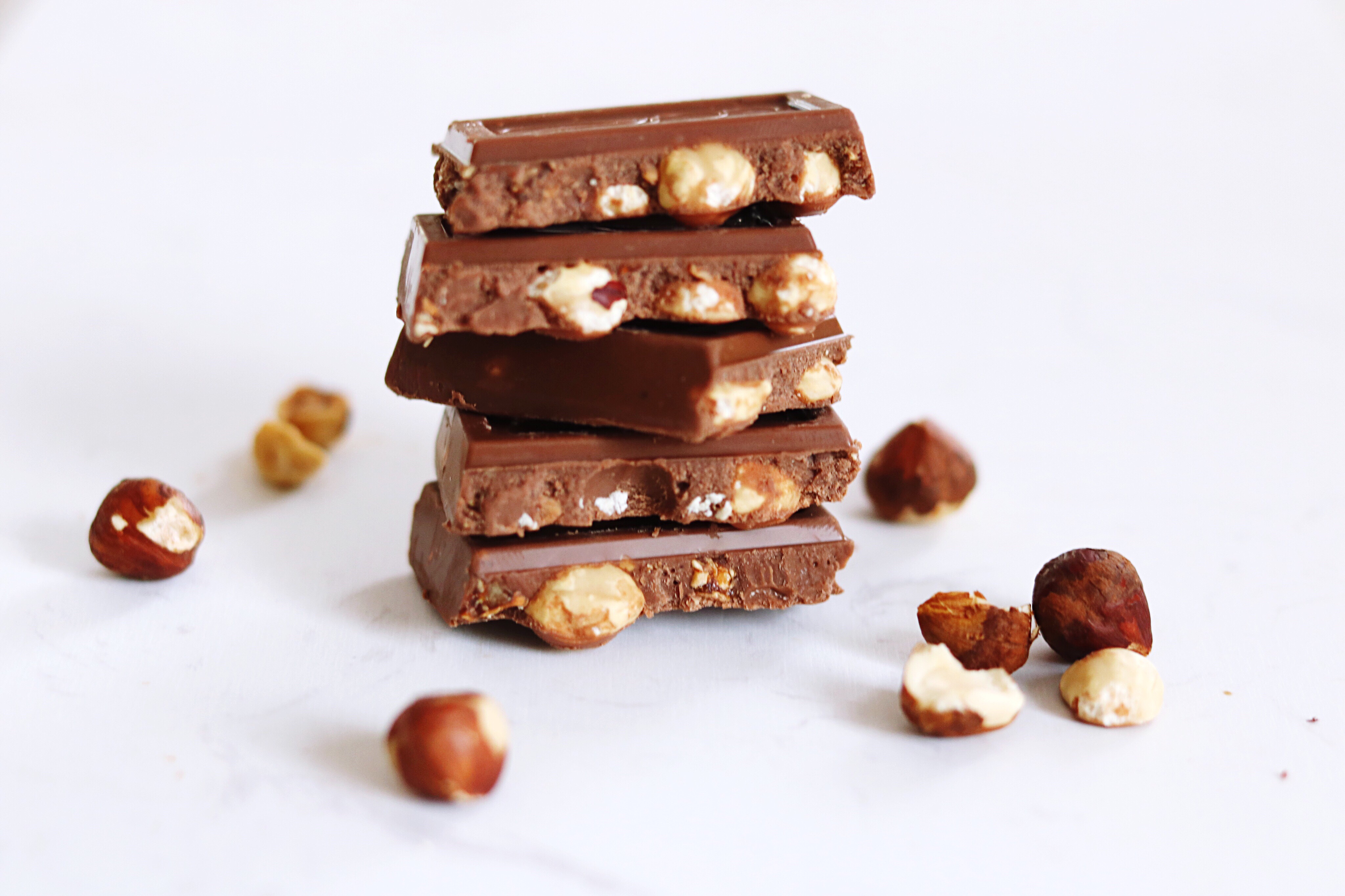
Caffeine is one of the biggest sleep disruptors, but it’s not just coffee you need to watch out for. Sodas, chocolate, energy drinks, and even certain teas contain caffeine, which blocks the brain's sleep-promoting chemicals. Consuming these foods or drinks late in the day can delay your ability to fall asleep and reduce the depth of your rest. If you're sensitive to caffeine, try limiting your intake after lunch and opt for caffeine-free alternatives like herbal teas or flavored water.
2. Alcohol: The Nightcap Myth
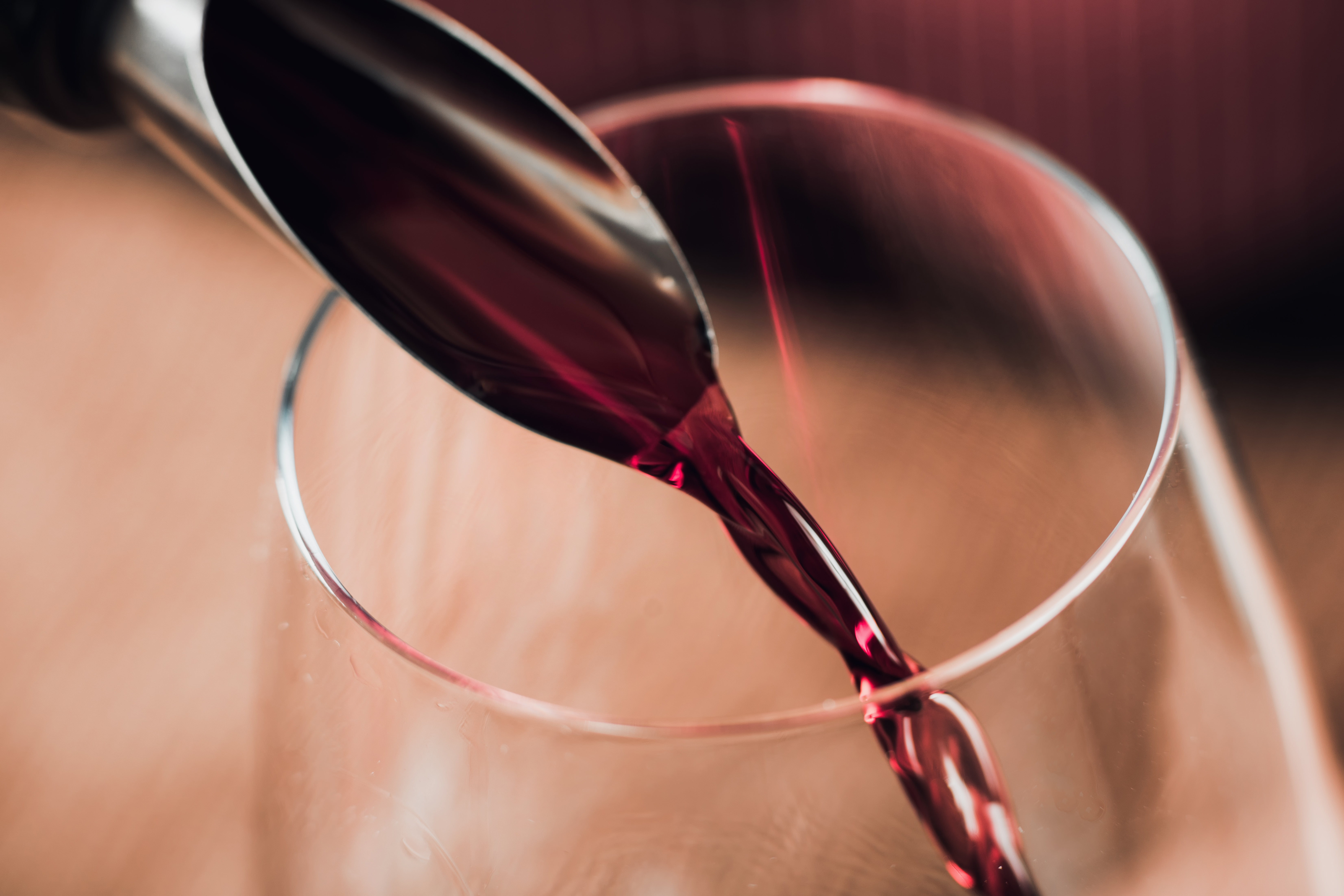
While alcohol might initially make you feel drowsy, it interferes with the restorative stages of sleep, particularly REM. This can leave you feeling unrested even after a full night's sleep. Additionally, alcohol is a diuretic, which can lead to frequent trips to the bathroom. To sleep better, avoid alcohol in the hours leading up to bedtime and replace it with calming beverages like chamomile tea or warm milk.
3. Sugary Treats: Sweet Dreams Interrupted
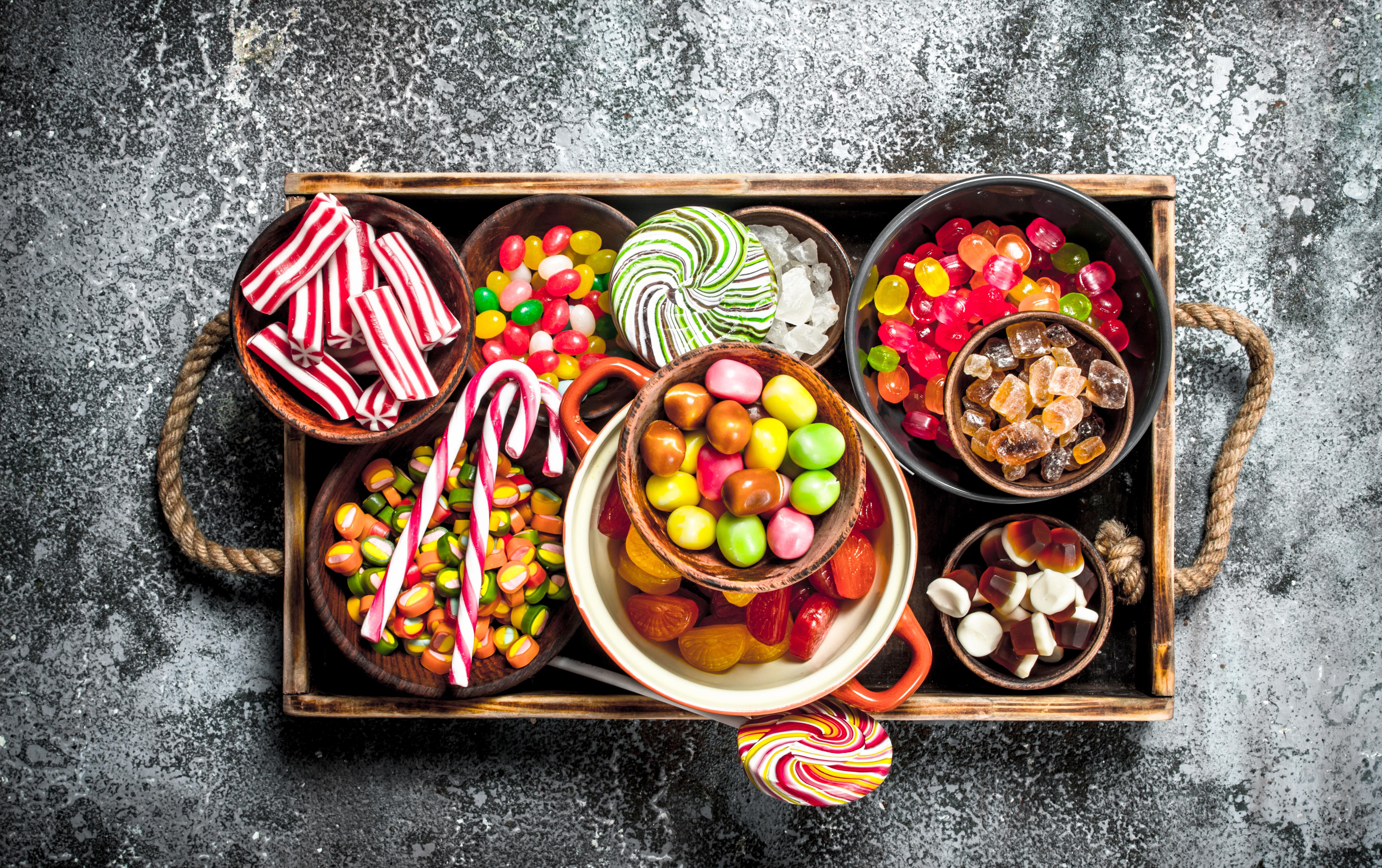
Late-night desserts or sugary snacks can wreak havoc on your sleep. Foods high in sugar cause blood sugar spikes, followed by crashes that may wake you up in the middle of the night. These fluctuations can disrupt your sleep cycles and leave you feeling groggy in the morning. Opt for low-sugar snacks like a handful of nuts or plain yogurt if you need a pre-bedtime treat.
4. Spicy Foods: Turning Up the Heat
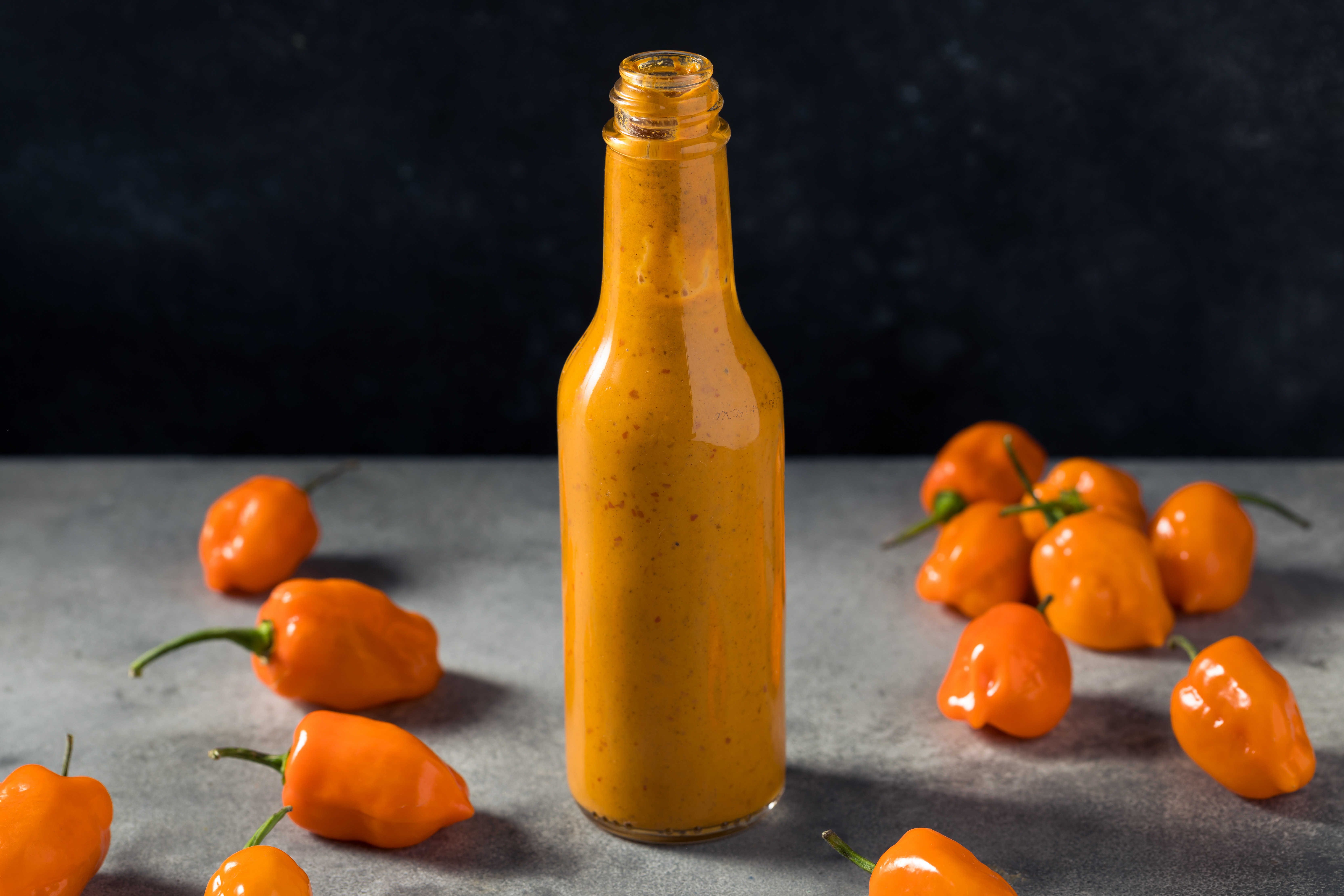
Spicy foods like chili, hot sauce, or heavily spiced meals can cause discomfort and indigestion, making it difficult to relax and fall asleep. They may also increase body temperature, which disrupts the natural cooling process your body undergoes to prepare for sleep. For a more restful night, try sticking to mild meals in the evening and avoid adding heat-heavy condiments to your dinner.
5. Fried and Fatty Foods: Heavy on Disruption
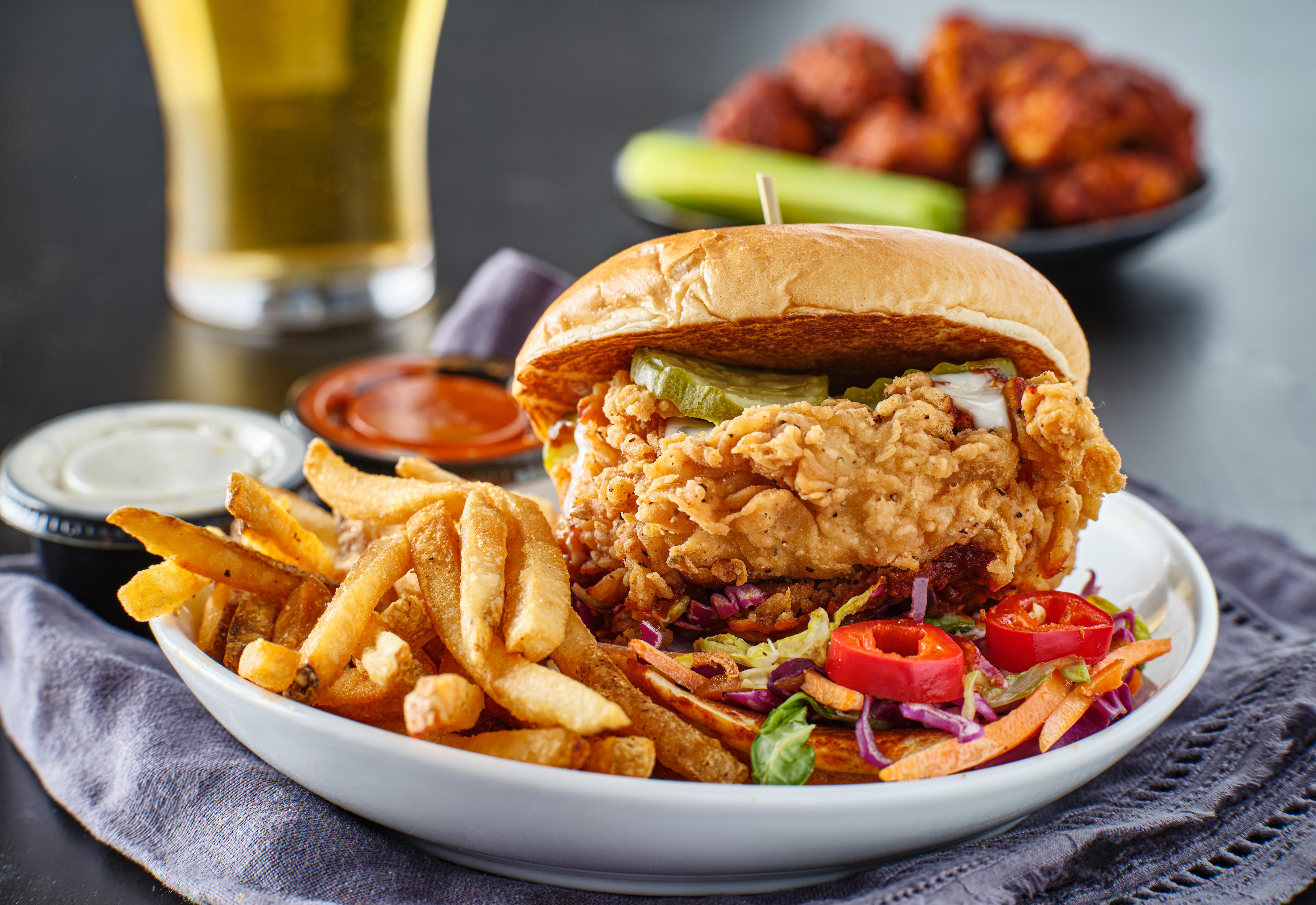
Greasy, fried, or fatty foods take longer to digest, which can leave you feeling sluggish and uncomfortable when you lie down. They may also trigger acid reflux or heartburn, which are notorious for keeping people awake. For better sleep, choose lighter, balanced meals with lean proteins, vegetables, and complex carbs for dinner.
6. Acidic Offenders: Citrus and Tomatoes
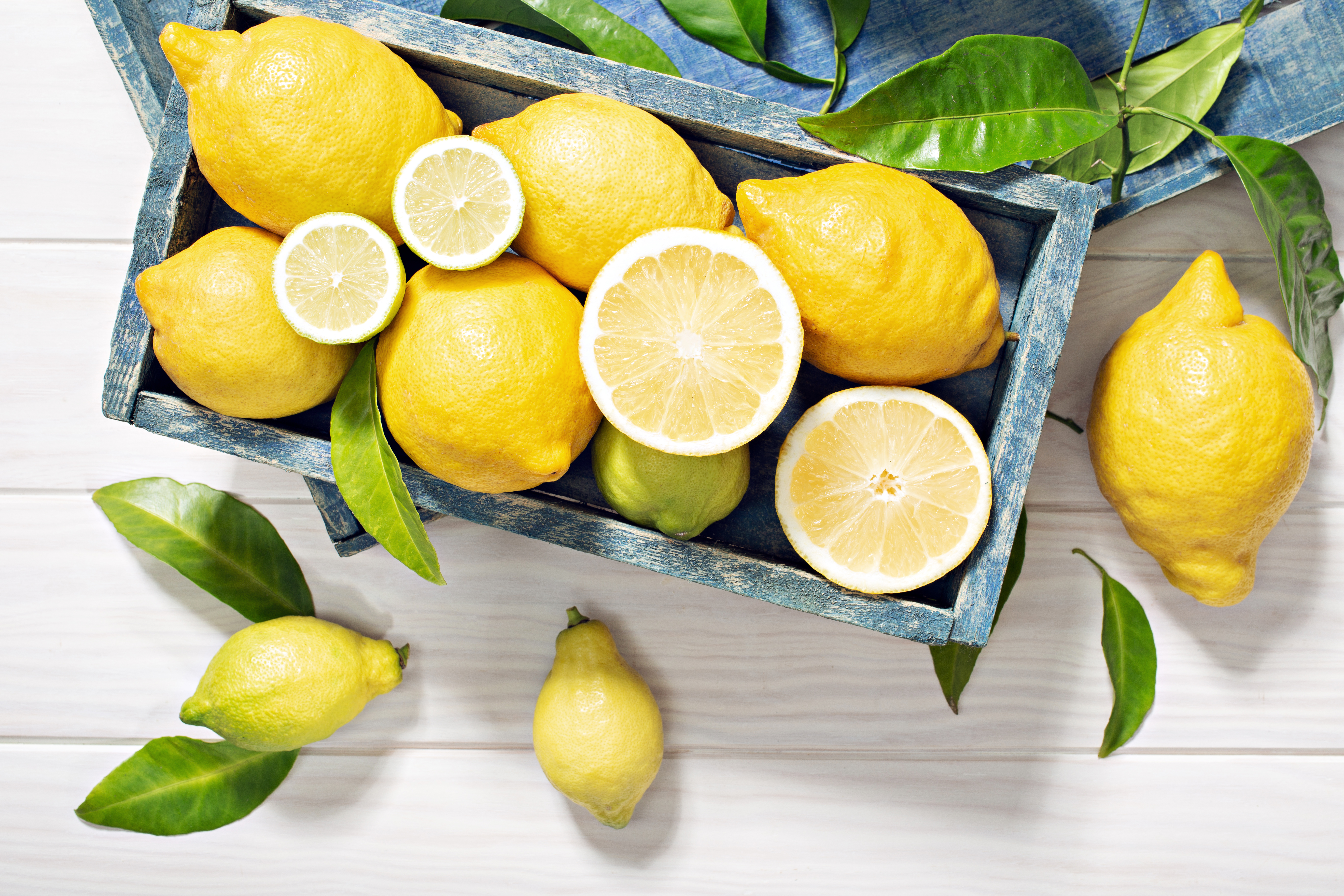
Foods high in acidity, such as oranges, lemons, grapefruits, and tomatoes, can cause acid reflux, especially if consumed close to bedtime. Acid reflux can disrupt sleep by creating a burning sensation that makes it hard to relax. If you're prone to reflux, avoid acidic foods in the evening and consider smaller, less acidic snacks before bed.
7. Processed Snacks: Salt and Sleeplessness
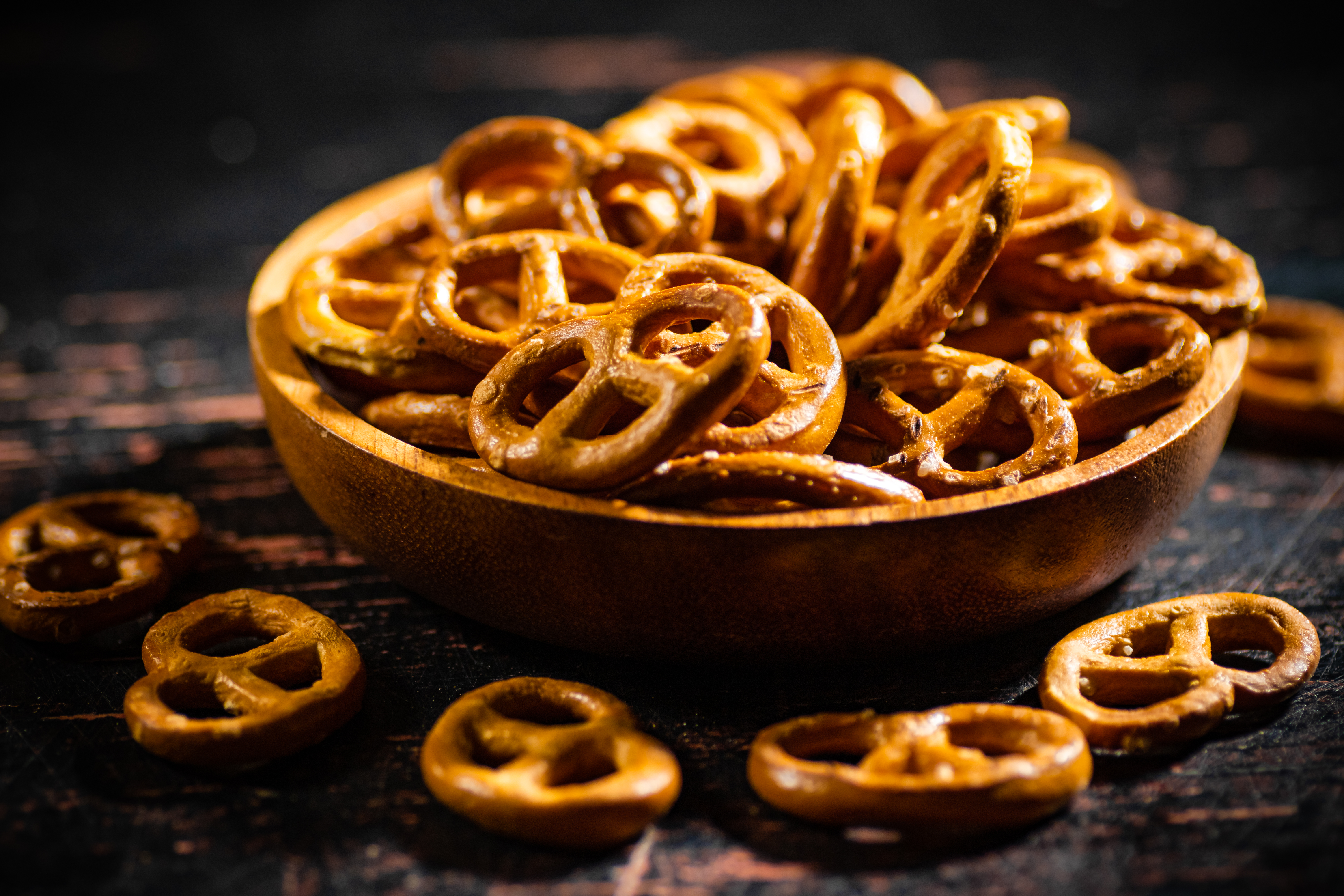
Processed and salty snacks, such as chips, pretzels, or cured meats, can lead to dehydration and increased thirst, which may wake you up in the middle of the night. The high sodium content in these foods can also raise blood pressure, making it harder to relax and fall asleep. Swap these snacks for fresh fruits or unsalted nuts to keep your sleep on track.
8. Hidden Caffeine Sources: Sneaky Sleep Saboteurs
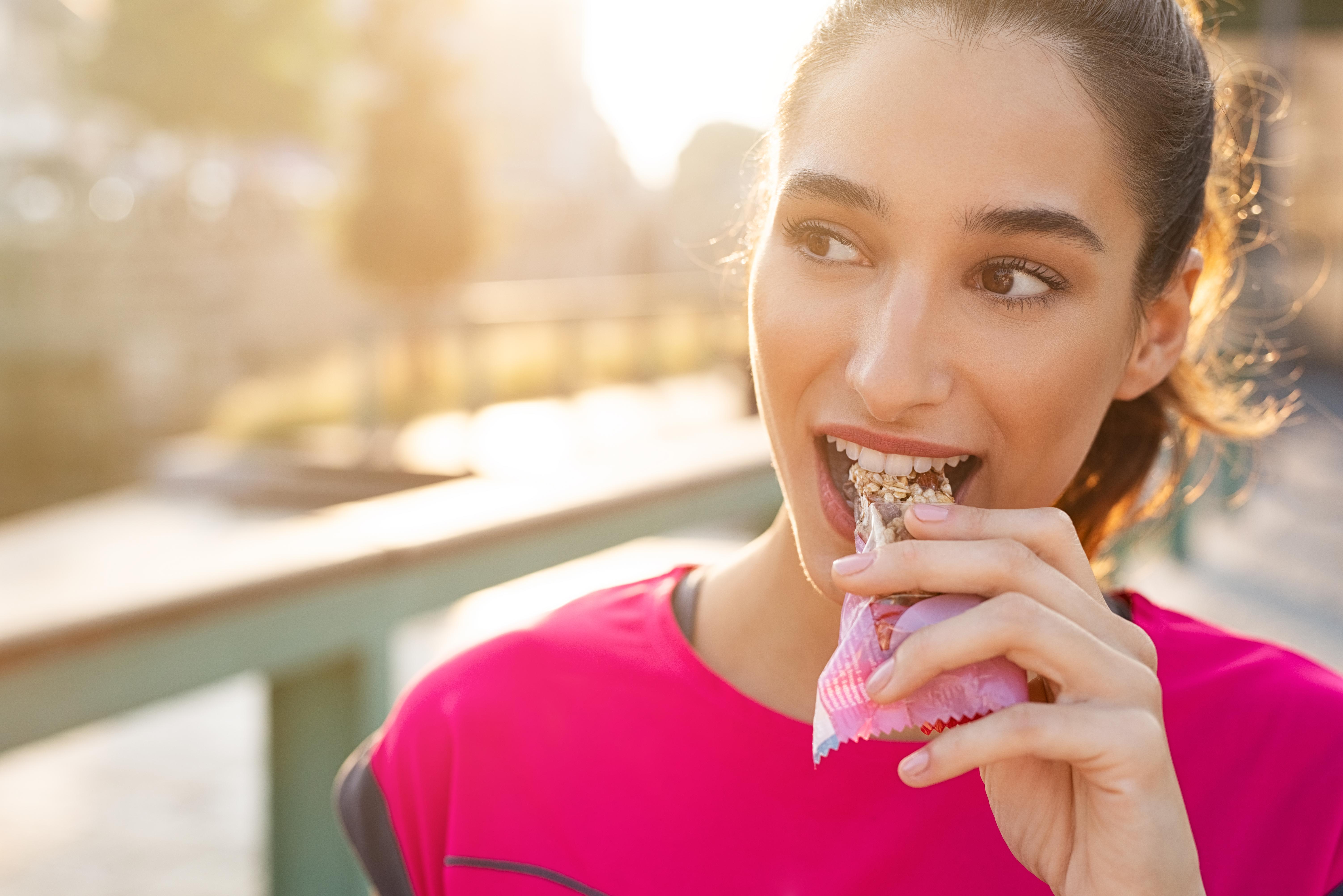
Certain medications, protein bars, and even decaffeinated coffee can contain trace amounts of caffeine that might add up, especially if you're sensitive. Reading labels and being mindful of hidden sources can make a big difference in your sleep quality. When in doubt, opt for products clearly marked as caffeine-free.
9. Tyramine-Rich Foods: Brain Stimulants
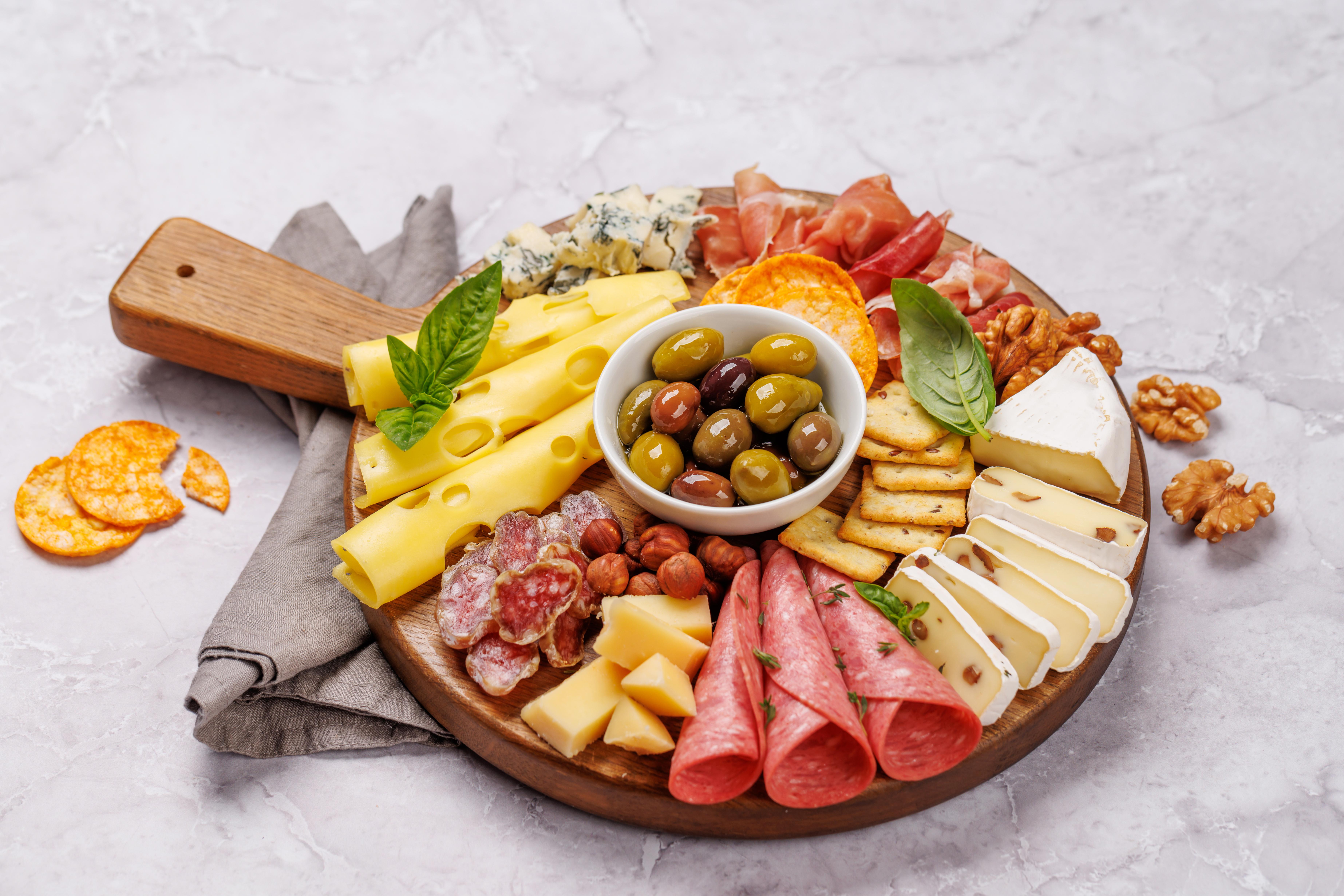
Aged cheeses, cured meats, and fermented foods are rich in tyramine, an amino acid that can stimulate the brain and keep you awake. Tyramine increases the release of norepinephrine, a brain stimulant. If you're prone to late-night cravings, avoid these foods in the evening and choose calming options like whole-grain crackers or a banana.
10. Carbonated Drinks: Gas and Discomfort
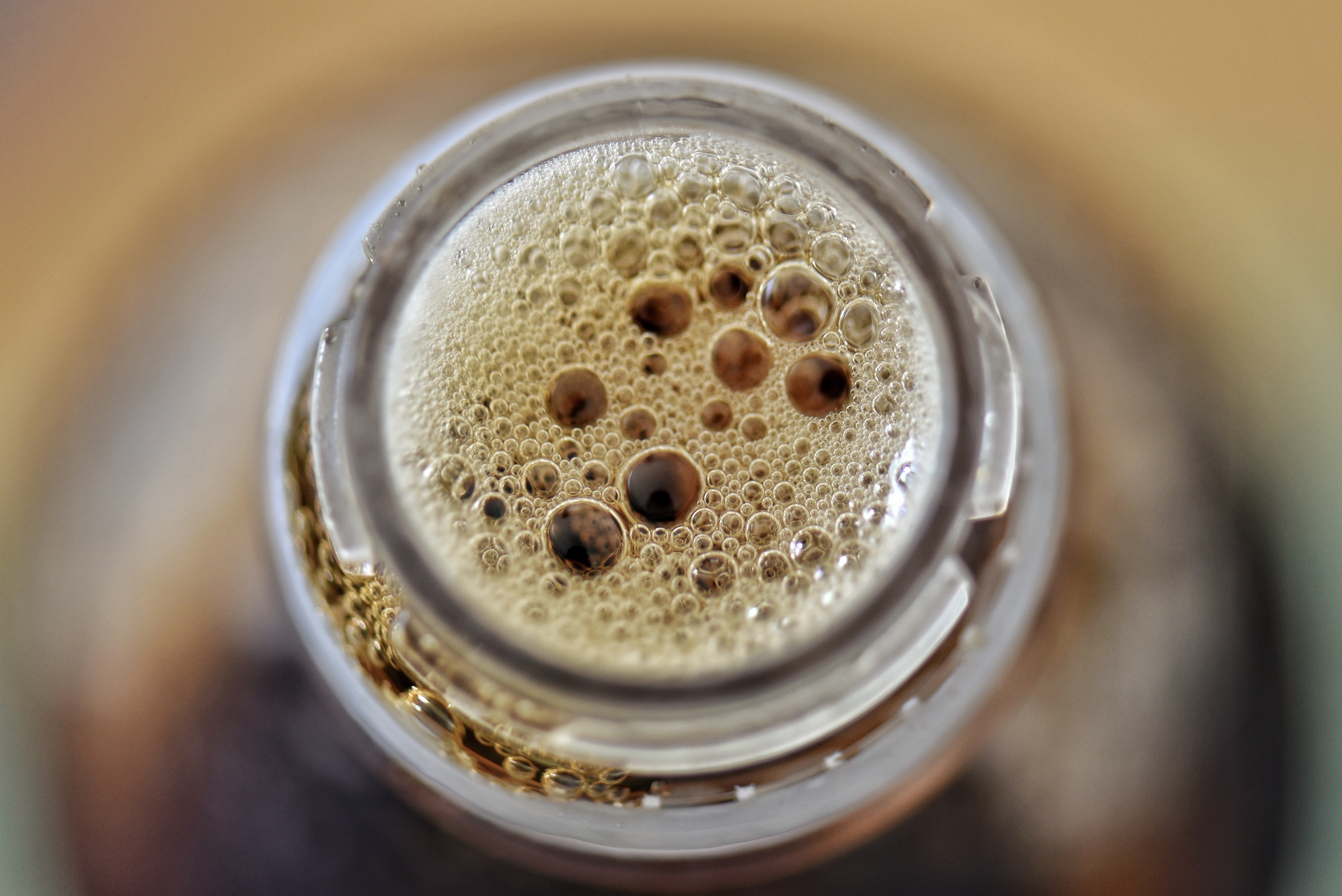
The bubbles in carbonated drinks can cause bloating and discomfort, which may disrupt your ability to fall asleep. Additionally, many sodas contain caffeine and sugar, a double blow to your sleep routine. Replace carbonated drinks with still water or a soothing herbal tea in the hours leading up to bedtime.
11. Red Meat: A Heavy Digestive Load
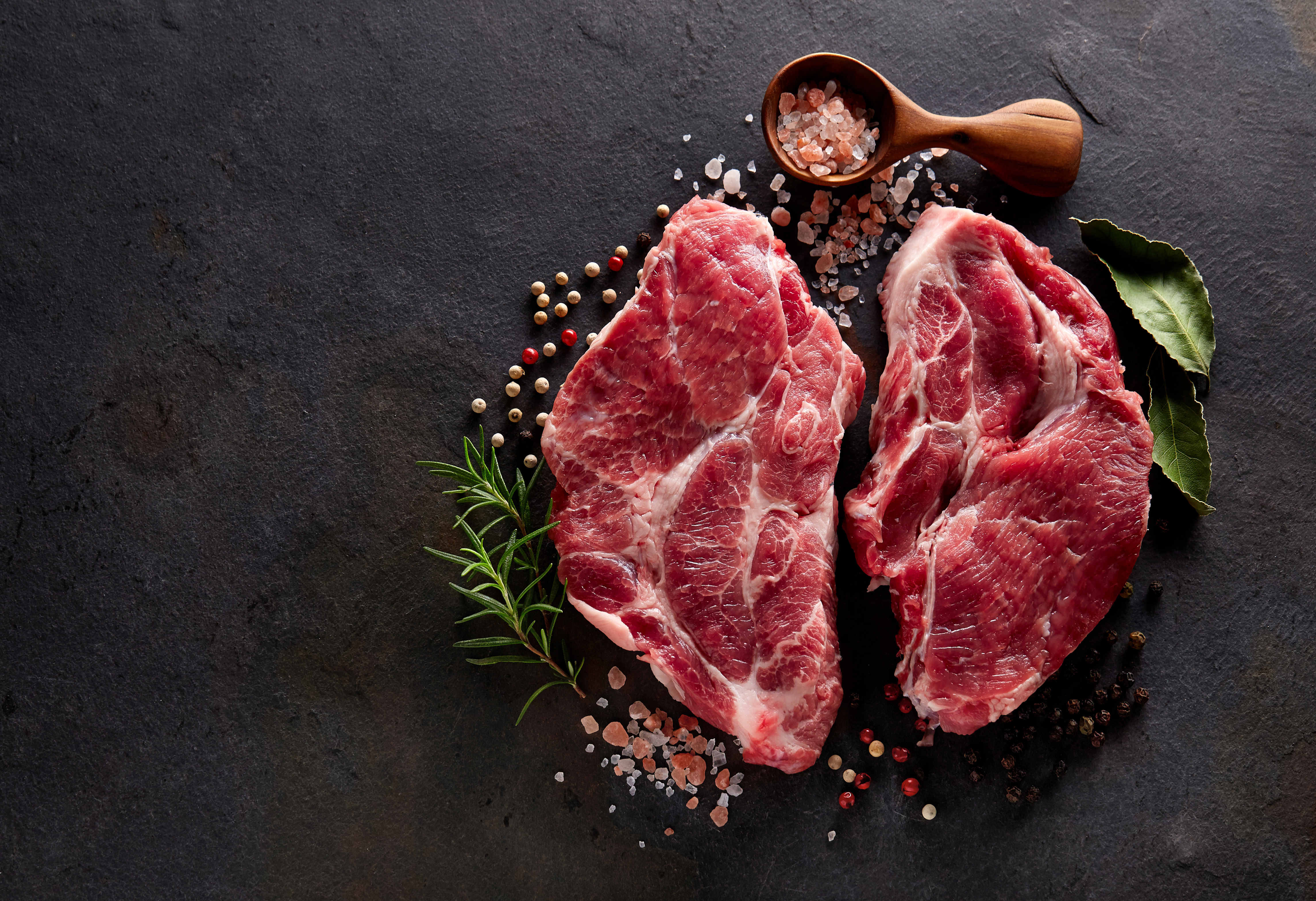
While rich in protein and iron, red meat is harder for your body to digest, especially late at night. Eating it before bed can lead to discomfort and restlessness as your body works overtime to process the meal. If you’re looking for a protein source for dinner, opt for lighter options like chicken, fish, or plant-based alternatives.
12. Ice Cream: Cold Comfort
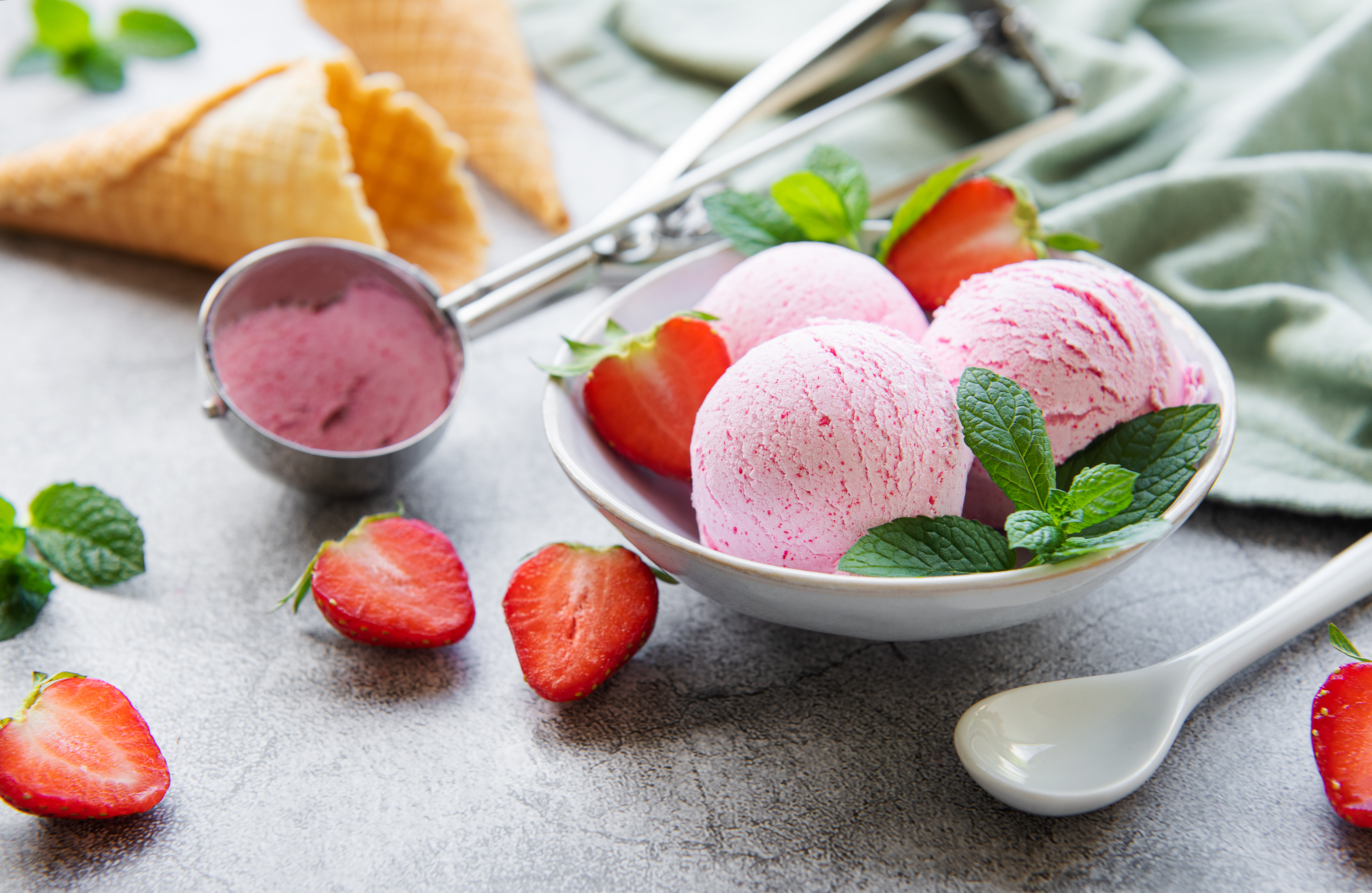
While it might be a comforting treat, ice cream combines sugar and fat—two ingredients that disrupt sleep by causing blood sugar spikes and slow digestion. The cold temperature can also confuse your body's internal rhythm, making it harder to transition into sleep mode. If you’re craving something creamy, try a low-sugar yogurt or a frozen banana blended into a “nice cream” alternative.
The Power of Smart Food Choices

What you eat can have a profound impact on your sleep quality. By identifying and avoiding foods that disrupt your rest, you can create a dietary foundation that supports restorative sleep. Small changes, such as swapping sugary desserts for a handful of nuts or replacing soda with herbal tea, can make a big difference over time. Better sleep starts with awareness and action. By understanding how certain foods affect your body, you can make mindful choices that promote a restful night. Remember, quality sleep is an investment in your health, mood, and overall well-being. Sweet dreams start with smarter decisions, so take the first step today toward reclaiming peaceful, rejuvenating nights.